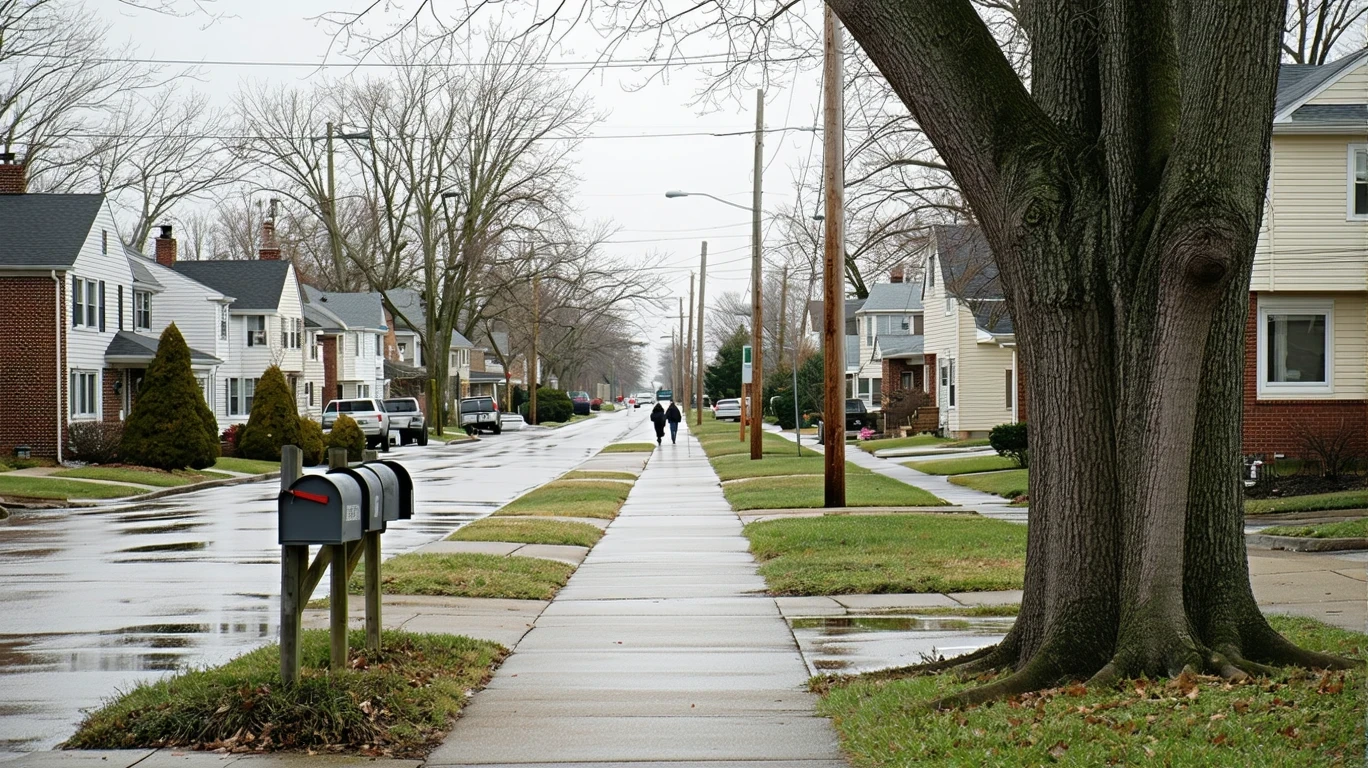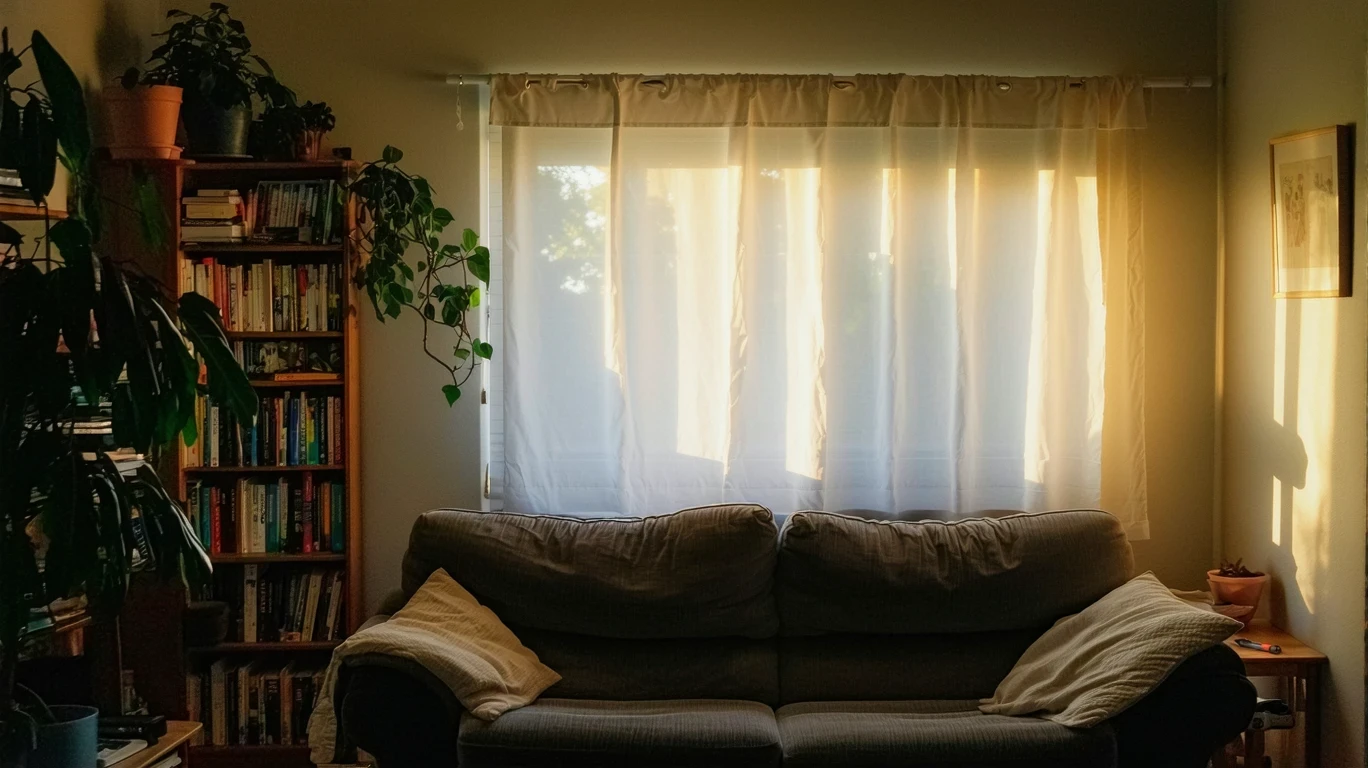Elmhurst, IL vs. Aurora, IL: Cost of Living Comparison (2025)
Many assume that Elmhurst is more expensive than Aurora, but is that really true in 2025? This article provides a detailed cost of living comparison between Elmhurst and Aurora, IL. It’s perfect for families relocating to the Chicago suburbs, professionals choosing between job offers, or anyone wanting to compare the real costs of living in these two cities.

Housing Costs
Housing is often the biggest factor in cost of living. Here’s how typical housing expenses compare in Elmhurst vs Aurora:
| Housing Type | Elmhurst | Aurora |
|---|---|---|
| Median 2BR Apartment Rent | $1,850 | $1,550 |
| Median 3BR Home Price | $450,000 | $350,000 |
🏆 Winner: Aurora. Housing costs an estimated 15-20% less in Aurora compared to Elmhurst.
For a deeper dive, read our guides on how much it costs to live in Elmhurst each month and the full cost of living in Elmhurst, including housing, groceries, taxes, and more.
Utilities and Energy Costs
Utility bills are fairly similar between the two cities. Expect to pay around $150-200 per month for electricity, gas, water, and trash in both Elmhurst and Aurora. Costs will be higher in the summer with air conditioning usage.
🏆 Winner: Tie. Utility costs are comparable in Elmhurst and Aurora.
Groceries and Daily Expenses
Grocery prices tend to be about 5% lower in Aurora compared to Elmhurst. A gallon of milk averages $3.50 in Aurora vs $3.75 in Elmhurst. Restaurant prices are also slightly lower in Aurora.
🏆 Winner: Aurora, but only by a small margin. Expect to save around $50/month on groceries in Aurora vs Elmhurst for a family of four.

Taxes and Fees
Elmhurst has higher property taxes, with an average rate of 2.5% vs 2.2% in Aurora. However, Aurora charges a 0.25% city sales tax on top of the state rate, while Elmhurst does not. HOA fees are common in both cities, typically ranging from $200-400/month.
🏆 Winner: Aurora. The lower property tax rate gives Aurora a slight edge, unless you plan to do a lot of shopping in the city.
Cost Summary
| Expense | Elmhurst | Aurora |
|---|---|---|
| Housing (Mortgage/Rent) | $2,500 | $2,100 |
| Utilities | $200 | $200 |
| Groceries | $800 | $750 |
| Transportation | $150 | $125 |
| Taxes & Fees | $1,000 | $900 |
| Miscellaneous | $500 | $450 |
| Estimated Monthly Total | $5,150 | $4,525 |
Note: All income and expense figures are expressed as gross monthly amounts (pre-tax).
Lifestyle Fit
While Aurora offers savings of around $625/month compared to Elmhurst, there are lifestyle tradeoffs to consider:
- Elmhurst offers a shorter commute to downtown Chicago
- Aurora provides more affordable housing and slightly more space
- Elmhurst averages 5°F cooler than Aurora in July
- Aurora has more public transportation options
Frequently Asked Questions
Q: Is Elmhurst more affordable than Aurora?
A: No, Aurora has a lower overall cost of living than Elmhurst by an estimated $625/month.
Q: Which city has lower rent?
A: Aurora has lower apartment rents, averaging about $300/month less than Elmhurst for a comparable 2BR.
Q: Where is it cheaper to buy a home?
A: Aurora. The median price for a 3BR home is around $100,000 lower in Aurora vs Elmhurst.
Conclusion
While both Elmhurst and Aurora offer a high quality of life, Aurora comes out ahead on affordability in 2025. A household moving from Elmhurst to Aurora might save $400/month on housing alone. However, Elmhurst’s shorter commute and milder summer weather may be worth the premium for some.
Ultimately, the best choice depends on your family’s budget, housing needs, and lifestyle priorities. Be sure to compare the costs and benefits of moving as well when deciding between Elmhurst and Aurora.
For more cost of living comparisons, check out our other articles on cities throughout Illinois and the Chicago area.
